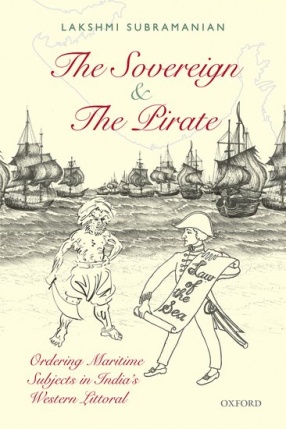Around the turn of the nineteenth century, the northwestern littoral of India-largely comprising of Gujarat, Kathiawad, Cutch and Sind-was battered by piratical raids. These attacks disrupted coastal trade and embarrassed the English East India Company by defying the very boundaries of law and sovereignty that the Company was trying to impose. Who were these pirates whom the Company described as small-time crooks habituated to a life of raiding and thieving? How did they perceive themselves? What did they mean when they insisted that theft was their livelihood and that it enjoyed the sanction of God?
Exploring the phenomenon and politics of predation in the region, Lakshmi Subramanian teases out a material history of piracy-locating its antecedents, its social context, and its ramifications-during a crucial period of political turbulence marked by global expansion of commercial exchanges headed by the Company. She investigates the fissures within the colonial project of law and anti-piracy regulations and, through the lens of maritime politics, unravels the skeins of a distinct mode of subaltern protest.







There are no reviews yet.